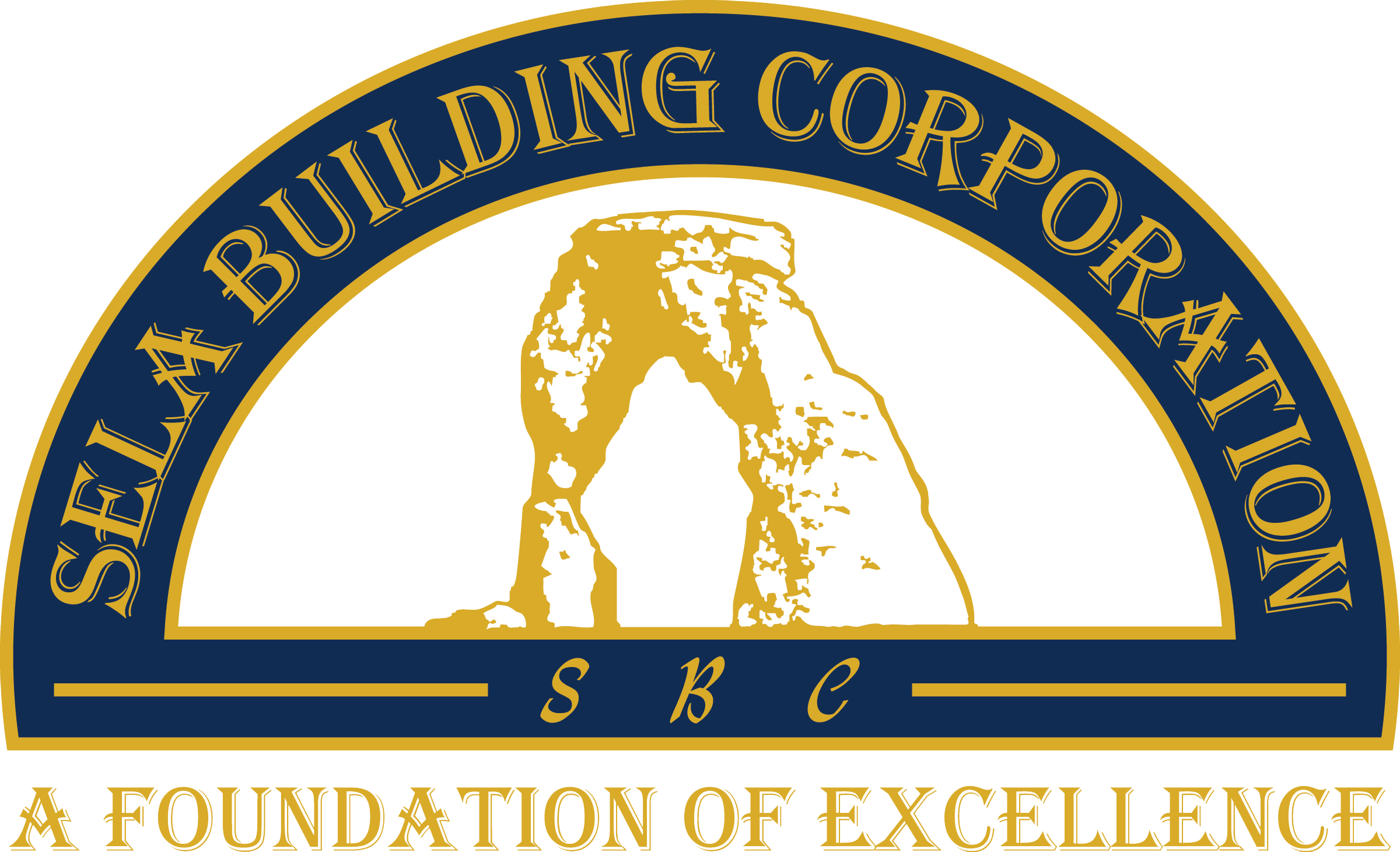Budgeting for a Commercial Construction Knowns and Unknowns
Commercial construction projects are complex undertakings that require meticulous planning and budgeting. As a business executive or a member of a team tasked with a large-scale commercial construction project, we recommend a planning approach that anticipates and plan for known and unknown factors that can impact your project’s operational and financial success.
In this blog, Sela shares tips from over thirty years as a trusted partner to commercial construction clients from QSR (Quick-Serve Restaurants) to shopping centers and even an athletic stadium built in just seventy-two days.
Let's explore how to approach budgeting for a commercial construction project, considering both the knowns and unknowns.
Commercial Construction Knowns:
Establishing a Solid Foundation
✅ Material and Labor Costs
The most straightforward aspects of budgeting are the known costs associated with materials and labor. These can be estimated with relative accuracy based on current market prices and labor rates. Obtaining detailed quotes from suppliers and subcontractors is crucial to ensure your budget reflects the most up-to-date pricing.
✅ Permits and Fees
Regulatory costs such as building permits, inspections, and other local fees are typically fixed and can be determined early in the planning process. Research local regulations and include these costs in your initial budget calculations.
✅ Design and Engineering
Architectural and engineering fees are usually a percentage of the total project cost. While the exact amount may vary, experienced professionals can provide reliable estimates based on the project scope.
Commercial Construction Known Unknowns:
Anticipating Potential Challenges
✅ Contingency Reserve
A contingency reserve is essential for managing known unknowns. Typically, this reserve should be 5-10% of the construction budget. This fund addresses risks that can be anticipated but not precisely quantified, such as minor design changes or unforeseen site conditions.
✅ Market Fluctuations
While we can't predict exact price changes, material costs can fluctuate. Build some flexibility into your budget to account for potential increases in critical materials like steel or lumber.
✅ Weather Delays
Weather-related delays are unknown. To mitigate the impact of potential weather disruptions, include a time buffer in your schedule and associated costs, especially if you’re building in an area prone to weather events.
Commercial Construction Unknown Unknowns:
Preparing for the Unexpected
✅ Management Reserve
Beyond the contingency reserve, consider establishing a management reserve for truly unforeseen circumstances. Typically held at a higher organizational level, this fund can cover unexpected events that fall outside the scope of normal project risks.
✅ Flexible Contract Structures
Implement contract structures that allow for adjustments based on unforeseen circumstances. This might include cost-plus contracts or provisions for renegotiation in the event of significant market changes.
✅ Risk Assessment and Mitigation
Conduct thorough risk assessments to identify potential unknown unknowns. While you can't predict everything, this process can help uncover risks that might be overlooked.
Strategies for Effective Budgeting
✅ Work Breakdown Structure (WBS)
Develop a detailed WBS to ensure all project components are accounted for in the budget. This helps minimize the risk of overlooking critical elements.
✅ Historical Data Analysis
Leverage data from past projects to inform your budgeting process. This can provide valuable insights into potential cost overruns and areas where unknowns are more likely to occur.
✅ Regular Budget Reviews
Schedule frequent budget reviews throughout the project lifecycle. This allows for timely adjustments and helps identify emerging unknowns before they become critical issues.
✅ Technology Integration
Utilize construction management software to track costs in real-time and forecast potential budget impacts. This can help you stay ahead of unknowns as they emerge.
Conclusion
Budgeting for a commercial construction project requires a balanced approach that accounts for both known costs and potential unknowns. By establishing a solid foundation with accurate estimates for known costs, creating reserves for known unknowns, and implementing strategies to manage unknown unknowns, you can develop a budget that withstands commercial construction challenges.
Remember, the key to successful project budgeting is not just in the initial planning but in the ongoing management and adaptation as the project progresses. Stay vigilant, remain flexible, and always be prepared to adjust your approach as new information comes to light.
What is the secret to successfully implementing all of the above? Ongoing and open communication with your construction partners! From weekly catch-ins to assembling the team when an unforeseen challenge emerges, genuine collaboration allows you and your team to manage anything and everything.
